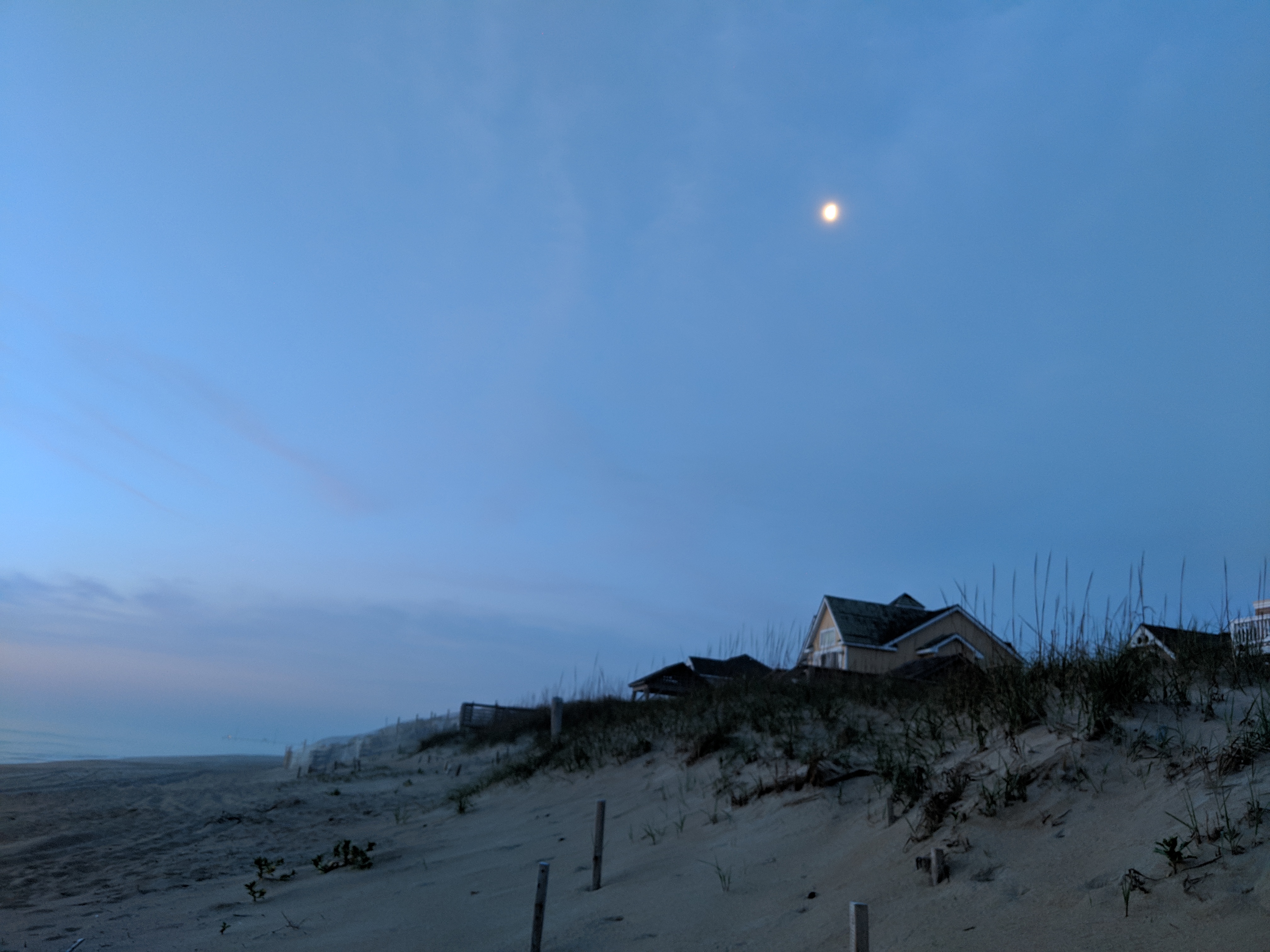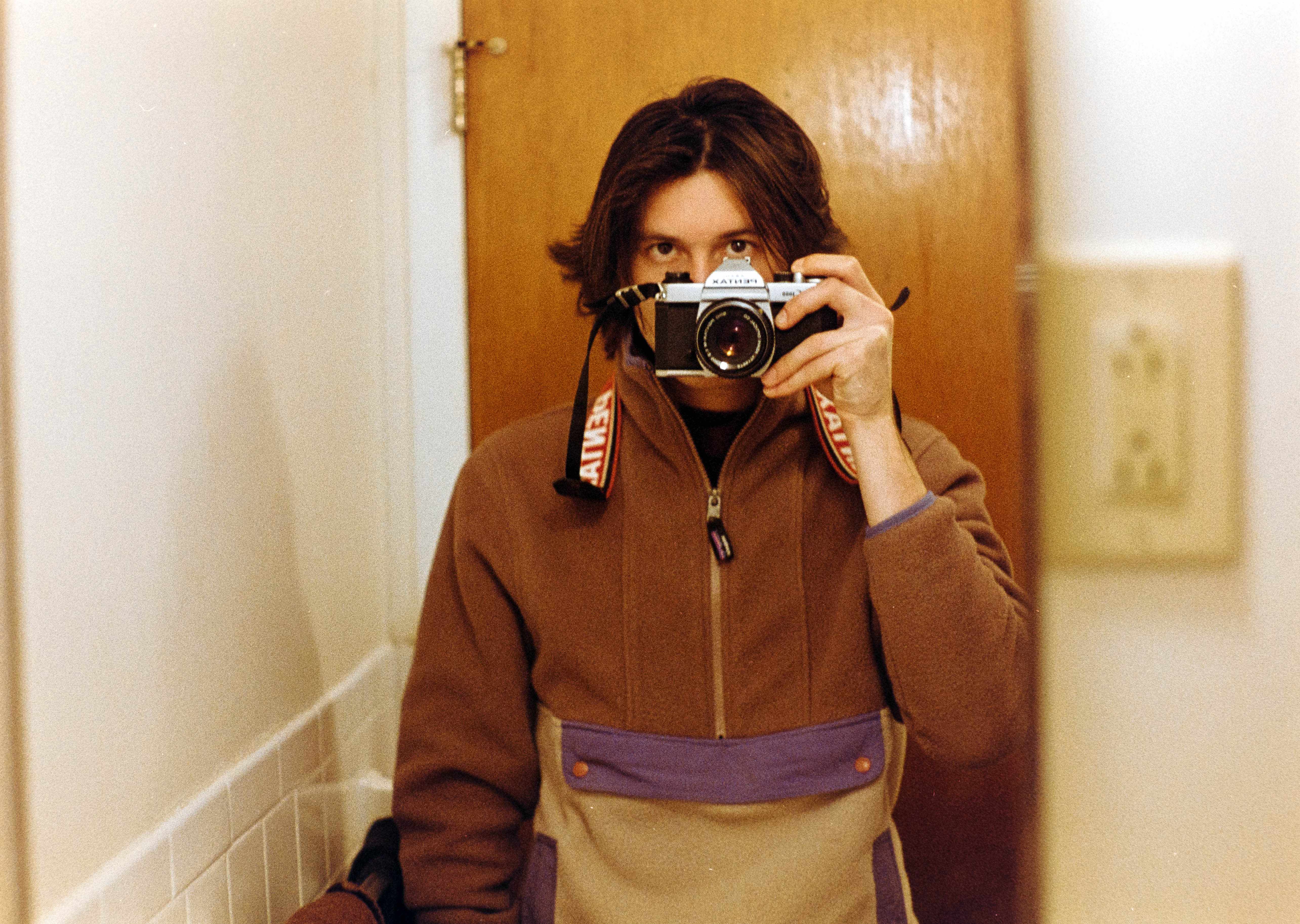It’s pretty apparent your questions aren’t in good faith, or you wouldn’t be so combative. It’s clear you’re not actually interested in answers, just in getting a “gotcha,” which is pretty lame. Also, I wouldn’t call any of the questions you’ve asked actually tough, because they’re almost all the first, second, or third questions he typically answers in the book. They’re fair questions, for sure, but they’re the ones Kropotkin anticipates while you’re reading, which is part of the fun of reading Kropotkin.
Then you go on to completely mischaracterize his view of the Paris Commune based on a single chapter of his book, while also insulting people who call you out. It’s totally cool if you disagree and don’t like Kropotkin’s ideas – I mean the dude wasn’t right about everything. But you’re just being a dick about it, sorry to say.







Look at how upset you are! lmao. bro we’re in political memes, take a chill pill.